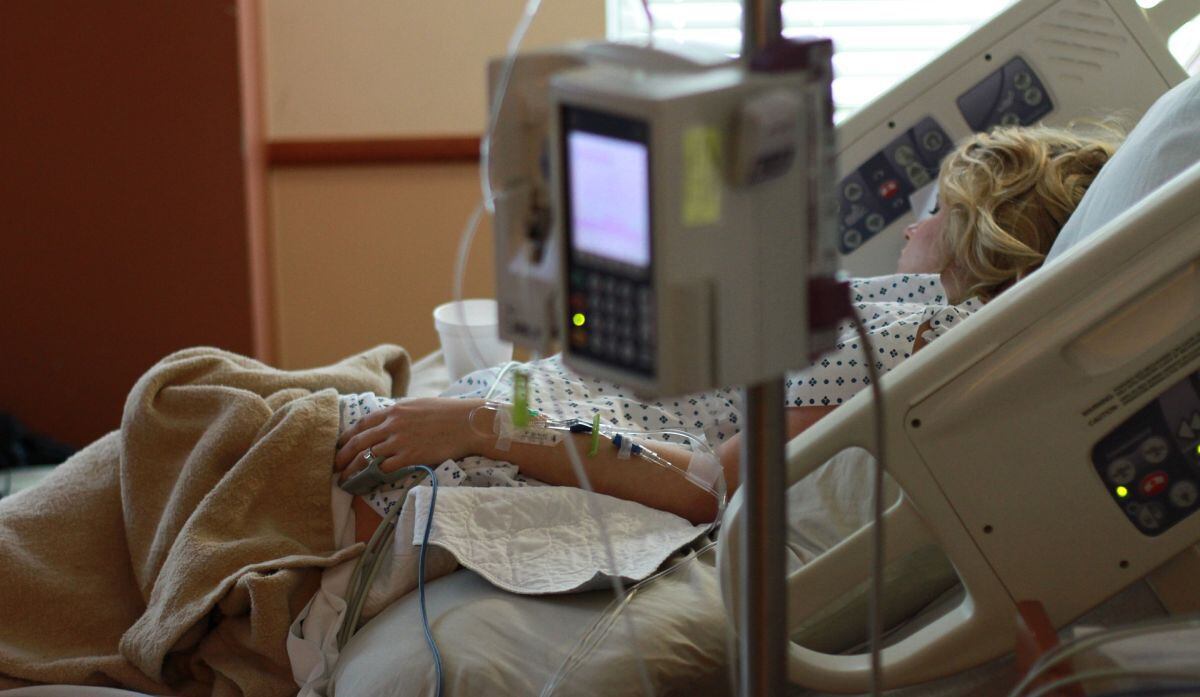
Those who have had severe COVID-19, and especially if they have been in bed for more than seven days, are more likely to experience mental health disorders, such as depression or anxiety, up to 16 months after illness than those who have had the virus mildly, indicates a study published in “The Lancet”.
A team of European researchers analyzed data from nearly 250,000 patients from six countries to conduct the first study to date on the effects of covid in long-term mental health.
Their findings suggest that, in general, non-hospitalized people infected with SARS-CoV-2 they were more likely to experience depressive symptoms up to 16 months after diagnosis compared to those who were never infected.
And patients who were bedridden for at least seven days had higher rates of depression and anxiety than diagnosed people who were bedridden.
While most symptoms of depression and anxiety tended to subside within two months, patients who were bedridden for a week or more maintained a higher risk throughout the 16-month study period.
To determine the long-term effect on mental health, the researchers looked at the prevalence of symptoms of depression, anxiety, COVID-19-related distress, and poor sleep quality among people with and without a diagnosis over a 16-month period, with data from Denmark, Estonia, Iceland, Norway, Sweden and the United Kingdom.
Of the 247,249 people included, 9,979 (4%) had been diagnosed between February 2020 and August 2021.
Usually, participants diagnosed with COVID-19 had an 18% higher prevalence of depression and a 13% higher prevalence of poorer sleep quality than undiagnosed people.
People not diagnosed with the disease could nevertheless suffer from anguish and anxiety, probably due to fear of contagion and isolation, the authors point out.
Patients who were bedridden for seven days or more “They were 50% to 60% more likely to experience greater depression and anxiety than people who were not infected” during the period studied, point in “The Lancet”.
“Our study suggests that the mental health effects are not the same for all COVID-19 patients and that the time spent bedridden is a key factor in the severity of the mental health impact.”declares Unnur Anna Valdimarsdottirof the University of Iceland.
The expert says that, as we enter the third year of the pandemic, it is important that there be “increased vigilance” of patients with severe COVID due to the possible effects on mental health, which can also result from certain inflammatory physical symptoms.
According to his colleague Ingibjörg Magnúsdóttir, “the higher incidence of depression and anxiety among COVID-19 patients who spent at least a week in bed could be due to a combination of concern about long-term health effects and the persistence of symptoms. physical” that limit social contact.
“The fact that people with a mild infection can return to a normal life sooner” and experience less extreme symptoms“likely contributes to their lower risk of negative mental health effects”Add.
Source: Gestion
Ricardo is a renowned author and journalist, known for his exceptional writing on top-news stories. He currently works as a writer at the 247 News Agency, where he is known for his ability to deliver breaking news and insightful analysis on the most pressing issues of the day.











